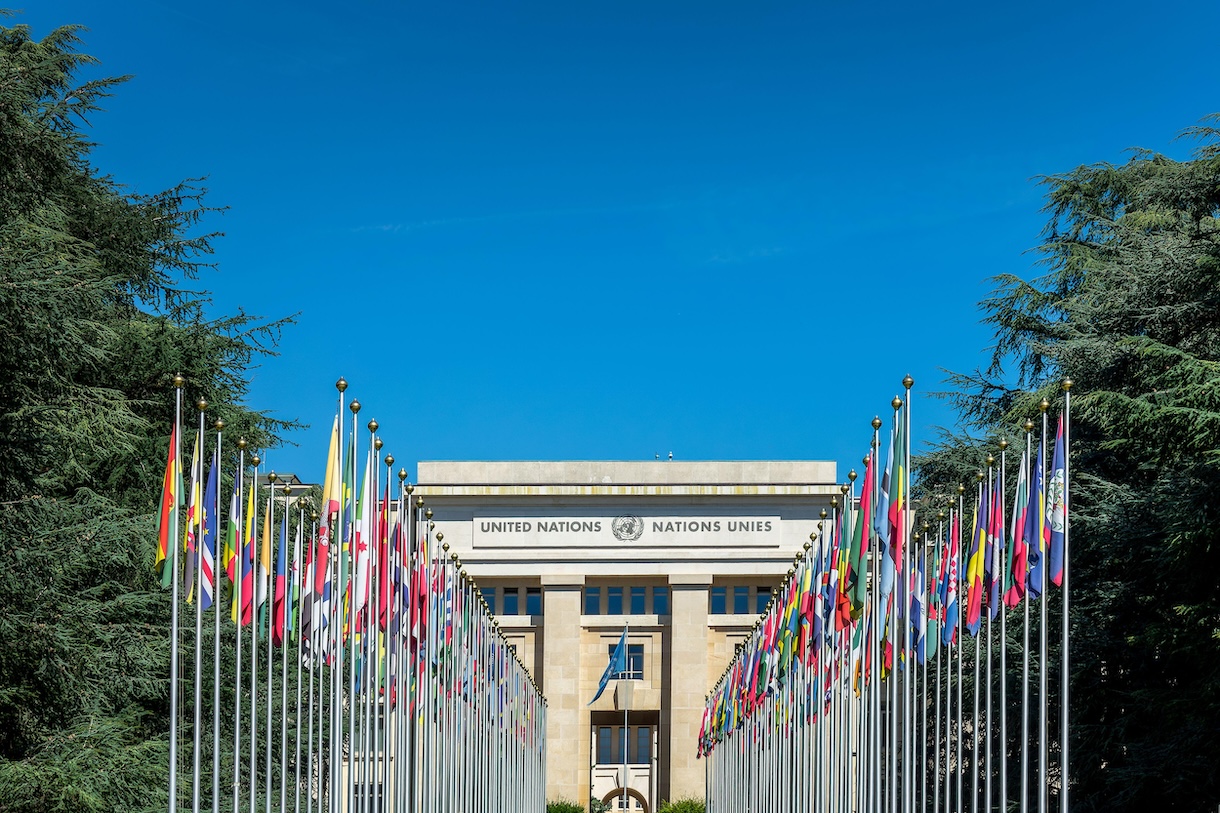Last month I listened to the UK government respond to their “grave violations” of the Convention on the Rights of Disabled People at the United Nations in Geneva. As expected, they gave a masterclass in filibustering.
In 2016, the UN, with the help of Disabled Peoples Organisations [DPOs], found the UK government to be the first country to violate the Convention on the Rights of People with Disabilities - founded to protect human rights and fundamental freedoms for people with disabilities. The UN said the UK breached the following articles: 19, the right to live independently and be included in the community, 27, the right to work and employment and 28, the right to adequate living standards and social protection.
The civil servants sent to provide a response spoke lavishly about what the government was supposedly doing for disabled people and avoided answering any questions related to how the government contributed to disabled people's deaths, or the ways society treats us as fakers or scroungers. This was despite Committee on the Rights of Disabled People [UNCRPD] chair Rosemary Kayess saying the UK government had created “a pervasive framework and rhetoric that dehumanises disabled people.”
While the UNCRPD is thorough and sets out rules all countries should follow to ensure disabled people can not only survive but thrive, the problem is that there is no legal obligation for governments to uphold the articles of the convention.
Although the UN can make the UK government and others give evidence, they can’t force the countries to follow their rules - and so they don’t have to. It acts more as an advisory and something DPOs can use as a benchmark, than as something the government can be held to account over.
“If the UNCRPD was to become law disabled people would have more protection against not only the cruel ways the government legislates against us, but also the ways they demonise us.”
Unlike the Equality Act, the UNCRPD has no legal standing in the UK and can’t be used in lawsuits against the government or organisations discriminating against disabled people. Even after the report that will be made following the latest hearing, with feedback from the UK rapporteurs, there will be no legal obligation for the UK government to follow the UNCRPD - which is why it must be enshrined into law.
While the Equality Act gives disabled people (and anyone else who identifies with another protected characteristic due to their sexuality, race, gender, age or beliefs) the right to work, education, reasonable adjustments, transport, and housing, and to not be discriminated against - it’s not specific enough. It doesn’t contain enough specific guidance that would help disabled people to succeed in society like the UNCRPD does. This makes it harder to hold an organisation, and indeed the government, to account.
If the UNCRPD was to become law it would mean disabled people would have so much more protection against not only the cruel ways the government legislates against us, but also the ways they demonise us - the most recent examples being the plans for PIP and Rishi Sunak’s focus on “sick note culture”, and the plans for cuts to Universal Credit, or the way disabled people were left to die during the pandemic, not to mention how we are frequently referred to as though we are a drain on taxpayers.
A main obligation of the CRPD is: “To refrain from engaging in any act or practice that is inconsistent with the present Convention and to ensure that public authorities and institutions act in conformity with the present Convention.”
Well, that would certainly put paid to the cruel plans to make the Work Capability Assessment harder to pass. Or the Secretary of State for the Department of Works and Pensions regular articles in right-wing newspapers outlining the ways in which disabled unemployment benefits claimants are “stifling the economy” - at the very least.
The Tories aren’t likely to make the CRPD law, they would much rather continue to restrict our rights via loopholes. But hopefully, they won’t be around much longer. If Keir and the hopeful next Minister for disabled people Vicky Foxcroft, truly want to do a better job than their predecessors and not just the same discrimination in a different suit, Labour must pledge to enshrine it into law.
If you think the UNCRPD should be incorporated into UK domestic legislation, you can use this template letter to write to your MP.
Rachel Charlton-Dailey is an award-winning disabled editor, journalist, and activist.





